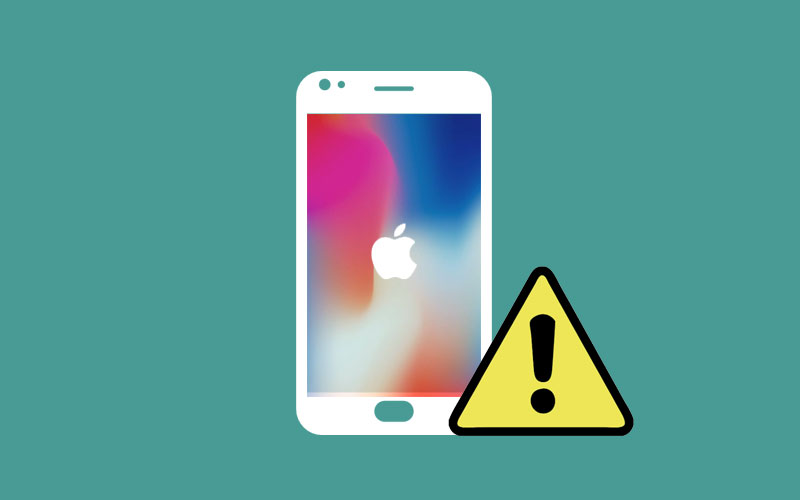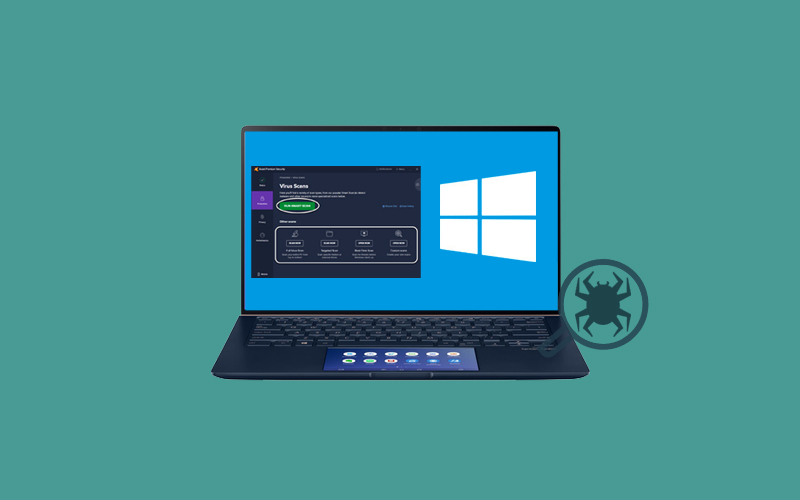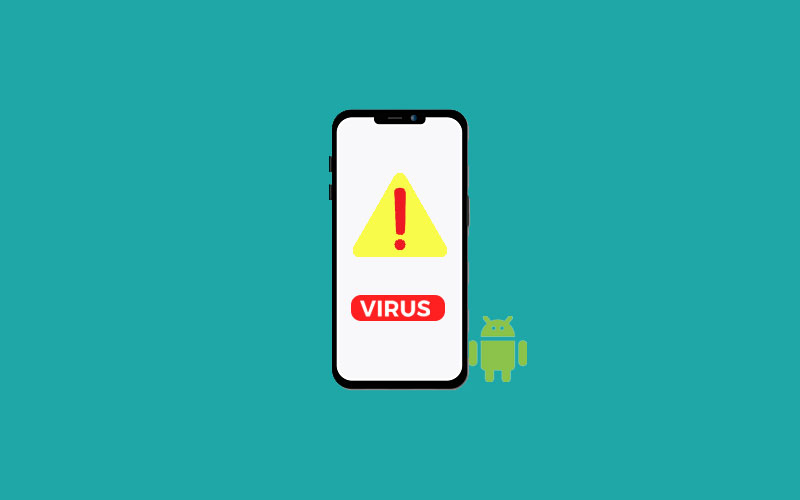How to Spot and Avoid Tech Support Scams
Learn what is tech support scam, how to spot and avoid them on your own.
What is Tech Support Scam?
Tech support scammers show false information on your screen in order to gain access to your system. They want you to pay for tech support services you don’t need and they often ask you to pay by wiring money, putting money on a gift card, prepaid card or cash reload card, or using a money transfer app because they know those types of payment can be hard to reverse. A tech support scam occurs via phone calls, pop-ups, texts, or emails; a tech support scammer tries to fool victims into paying for fake services.
How to Spot Tech Support Scams
Tech support scammers use many different tactics to trick people. Spotting these tactics will help you avoid falling for the scam.
On-screen Pop-ups Scams
Tech support scammers may try to bribe you with a pop-up window that appears on your computer screen. It might look like an error message from your operating system or antivirus software, and it might use logos from trusted companies such as Microsoft logo. This pop-up window will warn you that there is some security issue on your computer and provide you a number to call on for help. When or if you call on this number, they ask you to give your sensitive details such as passwords, account numbers, or etc., and will try to steal money from your account.
Phone calls scams
Tech support scammers may also call you and pretend to be computer technicians from a well-known company. Tech support scammers will say that they’ve found a problem on your computer and if you want to fix this problem, you have to give them remote access to your computer. After that, they pretend to run a diagnostic test. This all means that they try to make you pay to fix a problem that doesn’t exist.
Unexpected phone calls, emails, or pop-ups from Microsoft or other big companies are a big red flag indicating a possible tech support scam. As a company policy, Microsoft never sends unsolicited phone calls, emails, pop-ups, or online messages. If you receive any calls or emails claiming to be from Microsoft or other big trusted companies, but you don’t remember contacting them, it’s probably a scam. If a pop-up asks you to call a tech support number and offer you service to fix the issue on your computer, it’s probably a scam.
Whether you get calls, emails, pop-ups, or online messages that ask you to call on any number, don’t call them. They are a tech support scam and will try to make money from you. Additionally, never give them any sensitive information such as passwords, account numbers, or any other information.
Did you know?
Big legitimate tech companies won’t contact you by phone, email, or text message to tell you there’s a problem with your computer.
Security pop-up warnings from real tech companies would never ask you to call a number for assistance.
How to Avoid Tech Support Scams
Tech support scammer tries to cover you from everywhere and that’s why your focus and awareness is mandatory to avoid or protect yourself from these tech support scams. These scams will cost high and you can’t even think about it, so if you’re thinking you will get out of it easily, trust me it’s not easy.
First of all, if you receive any calls or emails, messages, or pop-ups that ask you to call a number, make sure you do not give any reply to these scams. Do not call on any number and do not provide any information.
If you’ve already paid a tech support scammer with debit or credit card details, you should immediately contact your credit card company and tell them what happened with you and ask if they can help you in this to get back the money.
If you think there is some issue with your computer, solve it on your own, don’t call any number you’ve provided on-screen to solve this issue. You can update your computer’s security software or update the complete OS system. Or you can also run a scan and delete if you find any issue.
If you give your username and password to a tech support scammer, change your password right away. It would help you to secure your account in the future.
Protect your system using Waredot Total Protection. It blocks all the security threats, pop-ups and if you think there is something wrong with your computer, run a scanner to find issue on your computer.
If a tech support scammer contacts you, report it to the Federal Trade Commission (FTC) at ReportFraud.ftc.gov.
Final Touch
Hey guys! This was the guide about “how to spot and avoid tech support scams.” Tech support scams usually occur via phone calls, pop-ups, and online messages and will ask you to call or offer a service for which you have to pay; however, they won’t give you any service. So, this all means, first understand how tech support scams work and remember that legitimate companies like Microsoft never ask you to call on a number, or they won’t contact you by phone, email, or text messages to tell you there’s a problem with your computer.














